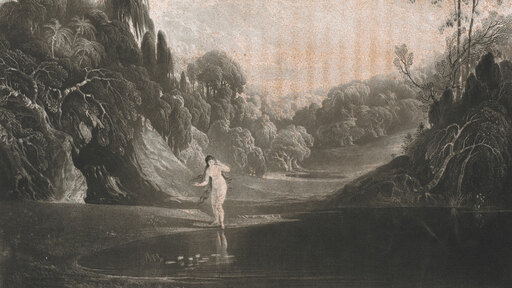On aphorisms - Michael Wood in LRB:
“In September 1917, having just discovered he had tuberculosis, Franz Kafka took a break from his work at an insurance company in Prague and spent eight months with his sister Ottla in the village of Zürau, now called Siřem. He also seemed to be taking a break from writing, or at least from the writing he was supposed to be doing. In fact, he was leading what Reiner Stach calls ‘a double, and even a triple life’, hanging out with the villagers, writing letters to his friends and recording reflections in large notebooks. One of Kafka’s diary entries, written three days after he arrived in Zürau, treated his illness and his engagement to Felice Bauer, which he was about finally to break off, as parts of one symbol. ‘Take hold of this symbol,’ he told himself. Taking hold meant, among other things, writing about writing, what it could and couldn’t do, what it ought to be addressing: a sort of journey into a country of the mind. In Franz Kafka: The Office Writings (2008), Stanley Corngold talks about a ‘ministry of writing’ in this context, and the double meaning (bureaucratic and pastoral) takes us a long way into Kafka’s worlds.”
(…)
“Kafka’s parables are well known – in English mostly through Nahum Glatzer’s Parables and Paradoxes (1958) – and two of the most famous appear among the aphorisms:
Leopards break into the temple and drink the sacrificial vessels dry; this is repeated over and over; eventually it can be calculated in advance and becomes part of the ceremony.
They were offered the choice between becoming kings or the couriers of kings. In the manner of children, they all wanted to be couriers. And so there are only couriers. They rush through the world and, as there are no kings, they shout their now meaningless messages to one another. They would gladly put an end to their wretched lives, but don’t dare to because of their oaths of service.
A violent accident becomes a ritual; the messengers are busy but the sender is absent. These situations occur again and again in Kafka. And, though we may not like to admit it, elsewhere too.
There are also some great not-quite parables in the selection:
If it had been possible to build the Tower of Babel without climbing it, that would have been allowed.
The crows claim that a single crow could destroy heaven. That is incontestable, but it offers no proof at all against heaven, because heaven does signify the impossibility of crows.”
(…)
“In accordance with these views, Kafka’s language is extraordinarily plain and lucid – far more so than that of any other modern writer – but still full of mystery. We can be fairly sure that he is not quite saying what he seems to be saying (Stach asserts that the aphorisms ‘show nothing, demonstrate nothing’), but how do we know what else is happening? Kafka is not going to help. His ascetic method is to leave us to it. That is why his novels are themselves full of aphorisms, like these phrases from The Trial: ‘The text is immutable, and interpreters’ opinions are often only an expression of despair over this’ and ‘Officers of the law don’t seek out guilt, but are attracted by guilt.”
(…)
“In the first appearance, early in the collection, impatience creates the sequence that takes Adam and Eve out of Eden. ‘Perhaps, though, there is only one cardinal sin ...Impatience got them expelled; impatience keeps them from returning.’ A later note introduces a truly mystifying possibility:
The expulsion from Paradise is in its principal aspect eternal: and so, although the expulsion from Paradise is definitive, and life in the world inescapable, the very eternity of the process nevertheless makes it possible not only that we could remain in Paradise forever but that we are indeed there forever, whether we know it here or not.
I think of Mephistopheles’s answer to Faustus’s question about what he is doing on Earth when he is supposed to be in Hell: ‘Why, this is Hell, nor am I out of it.’ If we are indeed in Paradise, as Kafka suggests, and always have been, we are the victims and creators of the worst form of wreckage of what was supposed to be an ideal.
Other aphorisms are more generous, or at least give Paradise a break not granted to us:
We were created to live in Paradise, and Paradise was destined to serve us. Our destiny has been altered: it is not stated that this has also happened to the destiny of Paradise.”
(…)
“The language teacher Kafka would say that we can’t choose to accept the mess we already have.”
Read the article here.
We are in paradise; we just don’t know it.
A pragmatic person would say, there are different shades of paradise.
There was this idea that there would be no suffering in paradise, but perhaps that is just a misunderstanding.
